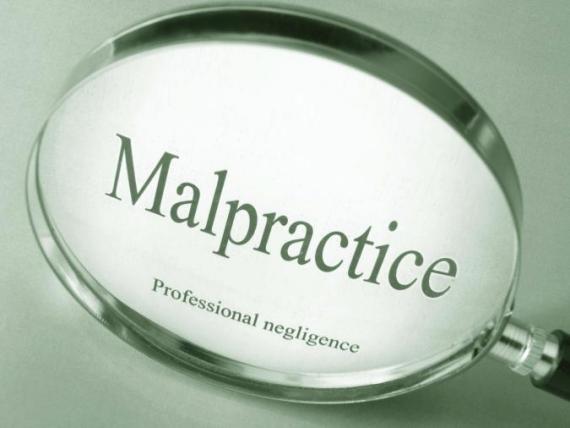
We hear about malpractice all the time: “Dr. So-and-so was charged with medical malpractice.” And, to be honest, I’ve never thought of malpractice outside of the medical industry.
I’m guessing you haven’t either. But, I’d be willing to bet you’re guilty of committing malpractice yourself…SALES MALPRACTICE!
Malpractice defined
Malpractice can be defined as “improper, illegal, or negligent professional activity or treatment,” and true, that typically is connected with a doctor, lawyer or public official.
When a doctor makes a prescription without a detailed diagnosis, that is considered malpractice.
Imagine if you walked into your doctor’s office and told her you had a funny feeling in your left arm. She asks you when and where you were when it started bothering you, and you give her two short answers. Then, she begins to write out a prescription, hands it to you, and tells you to have a great day.
That would be crazy, right? Malpractice, even!
Instead, you would expect, in order to diagnose your “funny feeling,” she would ask many more detailed questions. She would probably take a look at your arm, and likely even check out some other parts of your body to give her a better idea of what the problem is. She might request x-rays or blood work. And, before she even came into the exam room, she would have looked back at your chart or the nurse would have asked a bunch of questions about your medical history before the doctor saw you.
Now, consider your last sales call.
Did you dig deep enough to truly diagnose the prospect’s problem?
Did you ask the hard questions to ensure you uncovered the actual problem and not just the symptom(s)?
Did you gather information ahead of time so you were prepared when you met?
Did you “prescribe” a solution before you had all the supporting data to do so?
When a doctor is under investigation for malpractice, the lawyers will look back at his or her intent and actions. Were there more questions that should have been asked, options that should have been considered? Were decisions made based on enough information?
The same is true for you in sales.
When you know you should ask a hard question, but decide NOT to ask that question, you are guilty of sales malpractice.
When you prescribe your product or service as the solution before you actually know if it’s the BEST solution, you’re guilty of malpractice.
Are you guilty?
Malpractice is a by-product of selfishness. The reason we don’t do what we know we should is for selfish reasons: it’s not comfortable; I might hurt their feelings; I might lose the sale; they may reject me.
Sometimes a doctor has to share bad news or address a tough situation. If she chooses not to share crucial information about a potential medical issue, her patient could die, and she would certainly be guilty of malpractice.
Granted, your prospect may not die if you commit sales malpractice, but I can almost guarantee he or she will suffer because of it.

